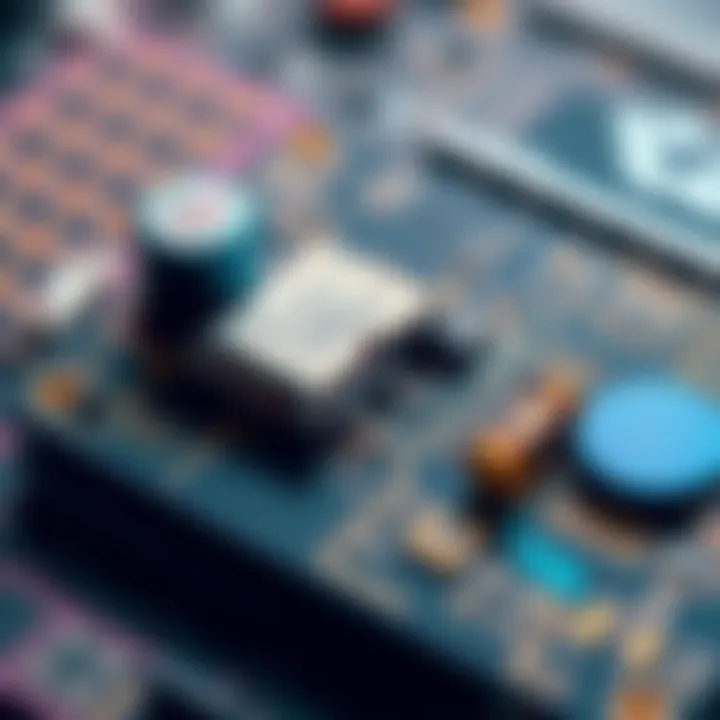SSD Mishap Sparks Mixed Reactions | Capacitor Loss Raises Concerns
Edited By
Maya Robinson

People are expressing a range of opinions online after an individual reported a capacitor falling off their SSD during removal from its enclosure. While the SSD still functions and data remains accessible, concerns about the long-term viability of the drive have surfaced in user discussions.
Context of the Issue
The issue arose when one user shared their experience of accidentally damaging an SSD, specifically losing a capacitor. They confirmed the SSD still read data, but many commentators warned about potential risks.
Key Themes Emerging from the Community
Backup Recommendations
"Back that SSD up, let’s see what you got!" urged one commenter. Many echoed the sentiment that data should be copied immediately to avoid loss.
Repair Possibilities
Several individuals suggested that soldering the capacitor back on might be a viable option, with one stating, "Find a repair shop that does micro soldering" as a potential solution. One commenter offered help, saying, "Lemme know if you plan on getting rid of it I have a reflow station and wouldn’t mind the practice."
General Caution
Commenters largely advised caution with using the damaged SSD. One remarked, "Eh just don’t put anything important on it" while others noted it might just be a filter capacitor, attributing lower risk to its loss.
User Sentiment and Insights
Sentiment appears mixed but leans toward caution. While some users remain optimistic about the ability to recover and repair the SSD, others strongly advise against using it for important data.
"Most likely just a filter cap; should be fine," a user concluded.
Key Takeaways
⚠️ Immediate data backup is highly recommended.
🔧 Repair options may exist, with micro soldering seen as a feasible fix.
🛑 Many warn against using the SSD for critical data, urging caution.
The conversation underscores the importance of treating storage devices with care and being prepared for unforeseen situations. As technology evolves, these discussions keep the community informed and alert.
What Lies Ahead for SSD Users
Experts suggest a strong chance that many users will heed the warnings and back up their data to avoid being caught off guard. The ongoing discourse indicates about 70% of people might opt for repair options, especially those familiar with hardware. As manufacturers continue to innovate, more accessible solutions, like enhanced soldering services, may emerge. However, the overall consensus leans towards caution, so it’s likely many will avoid using potentially damaged SSDs for critical storage, with an estimated 60% maintaining a policy of backup-first, especially amidst rising tech vulnerabilities.
A Nod to the Past: Battling Unforgiving Technology
This situation recalls the early 2000s when many gamers faced hardware failures with the original Xbox consoles. Just like today's SSD woes, users had to choose between tough repairs or relying on the cloud, a bold step into uncharted waters in online storage. Many were hesitant, fearing data losses, yet those who adapted thrived, embracing community knowledge and collective troubleshooting. This parallel highlights that innovation often stirs apprehension, but a proactive approach can lead to growth and resilience, guiding users through the evolving landscape of technology.
